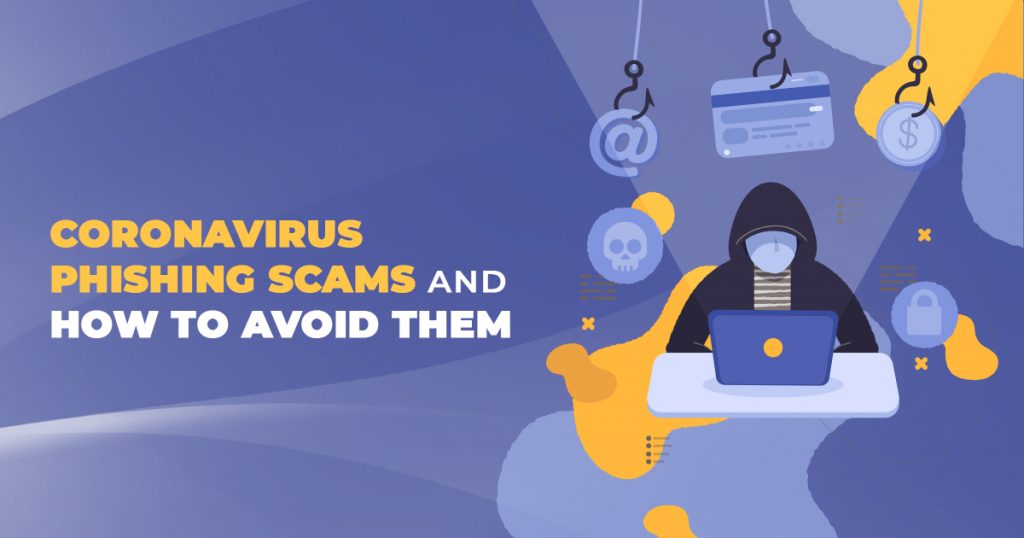
Coronavirus Phishing Scams and How to Avoid Them
Due to the COVID-19 pandemic’s notoriety, we have seen a lot of media coverage about it. Every day, we get reports of more cases, more variants, and even more deaths. Thus, it is only natural for people who care about their lives and the lives of the people special to them to keep themselves informed about the latest information on the global health crisis. But, unfortunately, cybercriminals perform phishing scams through coronavirus-related websites, emails, attachments, and the like. As such, you must equip yourself with the right tools and knowledge to avoid coronavirus phishing scams.
How Do Coronavirus Phishing Scams Work?
One of the most common ways that cybercriminals do phishing scams is through sending emails. The email states that they are from a legitimate organization. They also claim that they have the latest information about the pandemic. In the email, they will ask you to open an attachment or click on a link so that you can see the latest health advice, statistics, or news about COVID-19.
However, instead of seeing anything related to the pandemic, opening that attachment or clicking on that link would download malicious software (or malware) onto your device. That malware would then enable cybercriminals to access your device and, ultimately, access your personal data and even your financial information. With this information in their hands, they could perform nefarious activities, such as identity theft, which could harm your financial status and your identity and reputation.
Other scammers also use fake coronavirus advertisements to trick people. These ads would usually claim that their products or services offer a cure for the deadly COVID-19 disease. In addition, these ads would usually add a sense of urgency to their content to help entice people. Unsuspecting individuals would then click on the ad, and voila! You get malware on your device. Or you purchase the product and receive something worthless in return. You may even receive nothing at all. In the end, the cybercriminals would have already gotten what they wanted: your personal information, including your name, address, credit card number, contact details, and more.
How to Recognize and Avoid Coronavirus Phishing Scams
Below are some methods that can help you identify and, effectively, avoid coronavirus phishing scams, specifically phishing emails:
-
Watch out for emails that request your personal information.
If you encounter a COVID-19-themed email that asks for sensitive data, such as your credit card information, know that this email is a coronavirus phishing scam. Do not respond to that email.
-
Be wary of emails that ask for donations.
Be cautious if you receive an email from someone who claims to be part of a non-profit organization asking for help or donations for COVID-19 patients. Do not click any links in that email! Instead, verify the organization’s legitimacy first by checking their website. Then, if you want to donate, make sure to do so from their official website or page before providing them your personal information.
-
See if the email’s body uses generic greetings.
Because coronavirus phishers will most likely not know who they will specifically send their phishing emails to, they would not be able to guess who you are. Therefore, they would not be able to properly address you in their email using your full name, even your surname. Instead, they would be using generic greetings such as “Dear, Sir/Ma’am,” and the like. Stay away from those kinds of emails.
-
Verify the legitimacy of the attachment/s or link/s in the email.
You can check if the attachment or link you find in an email is legitimate or not. Do this by hovering your mouse icon over the URL. You can then see the web address where that link will lead. Most times, you would be able to tell if the web address is fake. Still, it would be best to take extra precautions. Some scammers create fake URLs that closely resemble legitimate web addresses. For instance, when replicating the web address of a legitimate organization, some scammers would replace the letter “l” with the number “1.” People who are not cautious enough would not even notice and click.
-
Check for spelling errors and grammatical mistakes.
Legitimate organizations, especially those that spread information about the COVID-19 pandemic, should take the time to proofread their content before sending it to the public. So, if you receive a COVID-19-related email with suspiciously multiple grammatical mistakes and spelling errors, take the hint. Most likely, it’s a coronavirus phishing scam. Get rid of that email.
-
Stay away from emails that tell you to do something now.
As mentioned above, coronavirus phishing scams usually incorporate some sense of urgency in their content. So, if you encounter an email or an ad that urges you to do some action, like clicking on a link, purchasing an item, or opening an attachment, then, most likely, you’ve just met a phishing email. Avoid clicking on any link, photo, or attachment. Do not provide your personal information. Delete that message.
Keep Yourself Safe from Coronavirus Phishing Scams!
We hope you learned a lot about our discussion today. Hopefully, next time you go online, especially when you go through your email, you will already know how to spot and avoid possible phishing content. So, stay vigilant and avoid coronavirus phishing scams!
You can also safeguard your data from possible phishing scams by installing antivirus software on your device. Let us know if you need help installing or updating your antivirus software. Our IT tech support team would be glad to help!
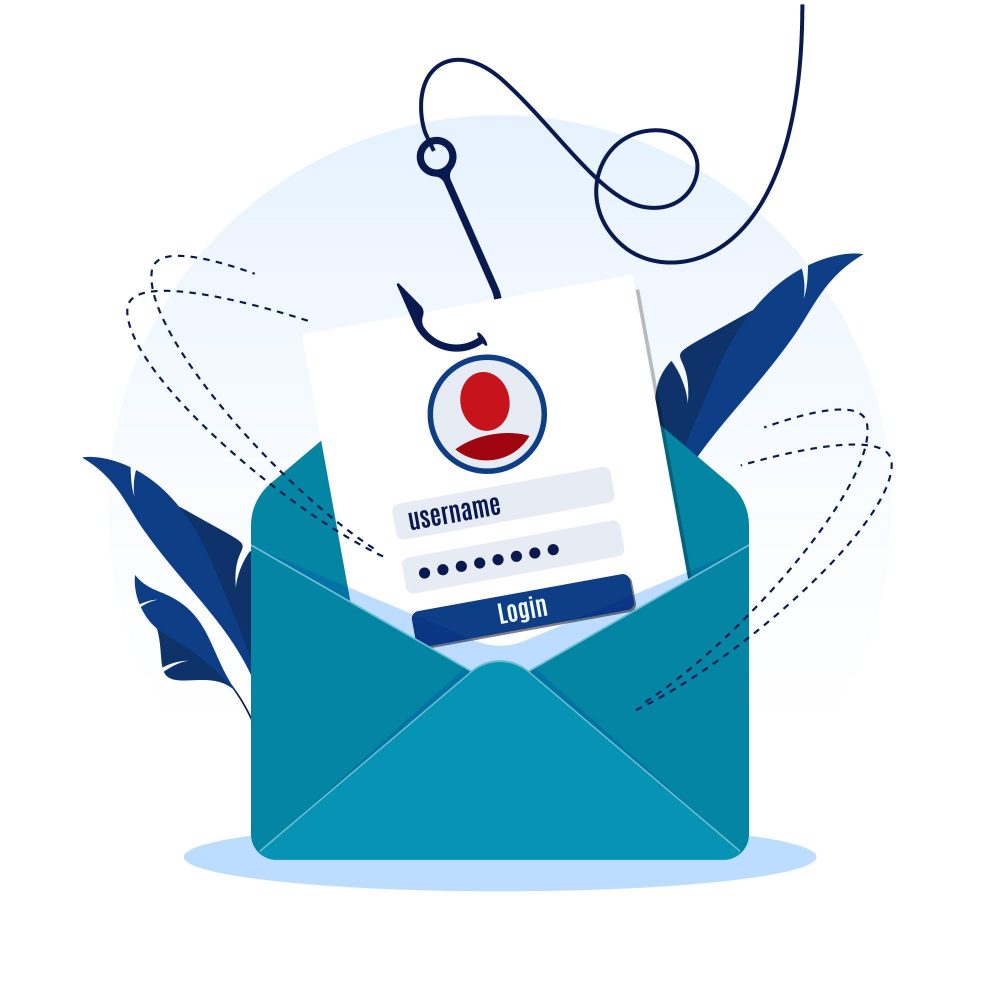
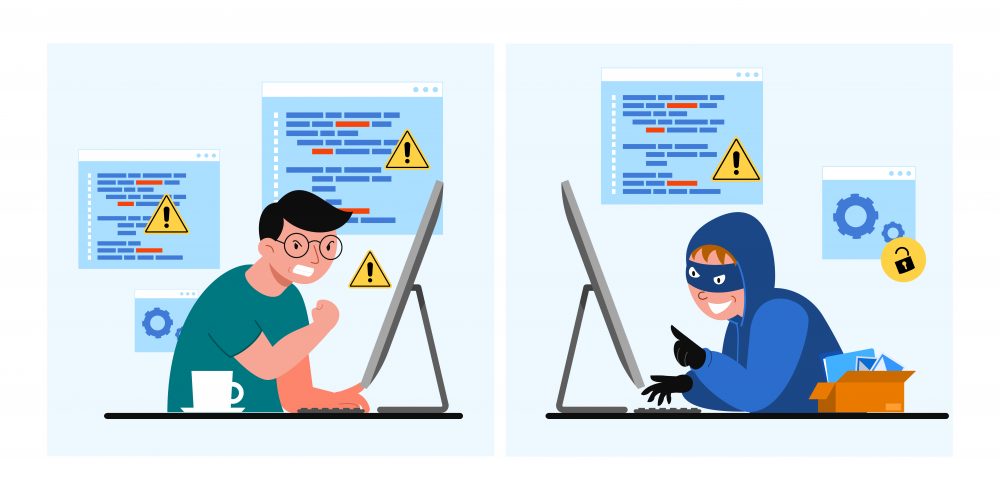


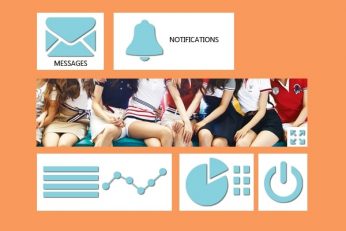


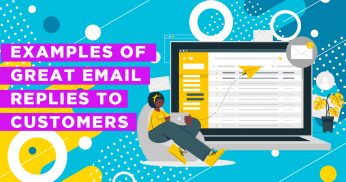








Comment 0